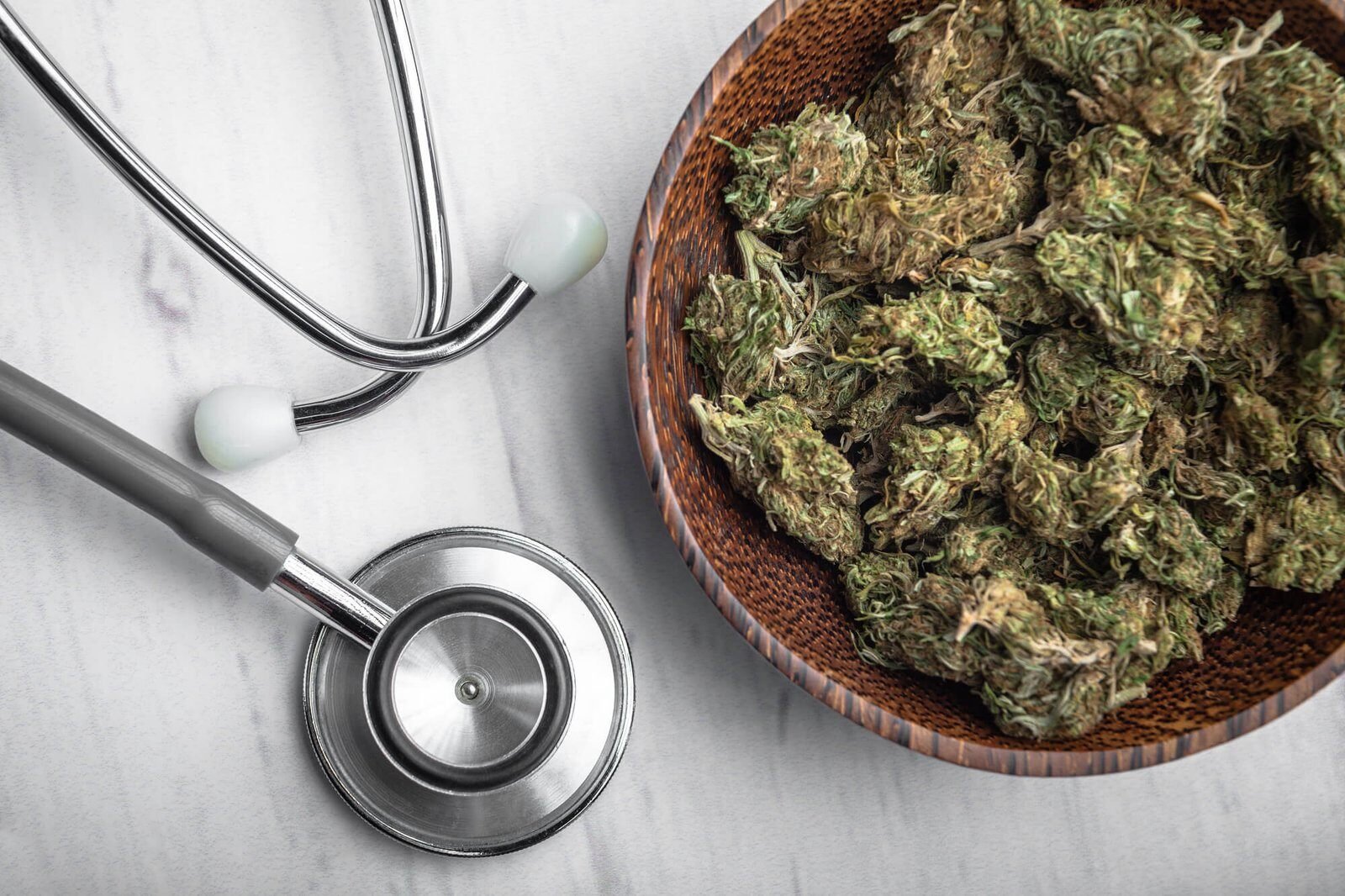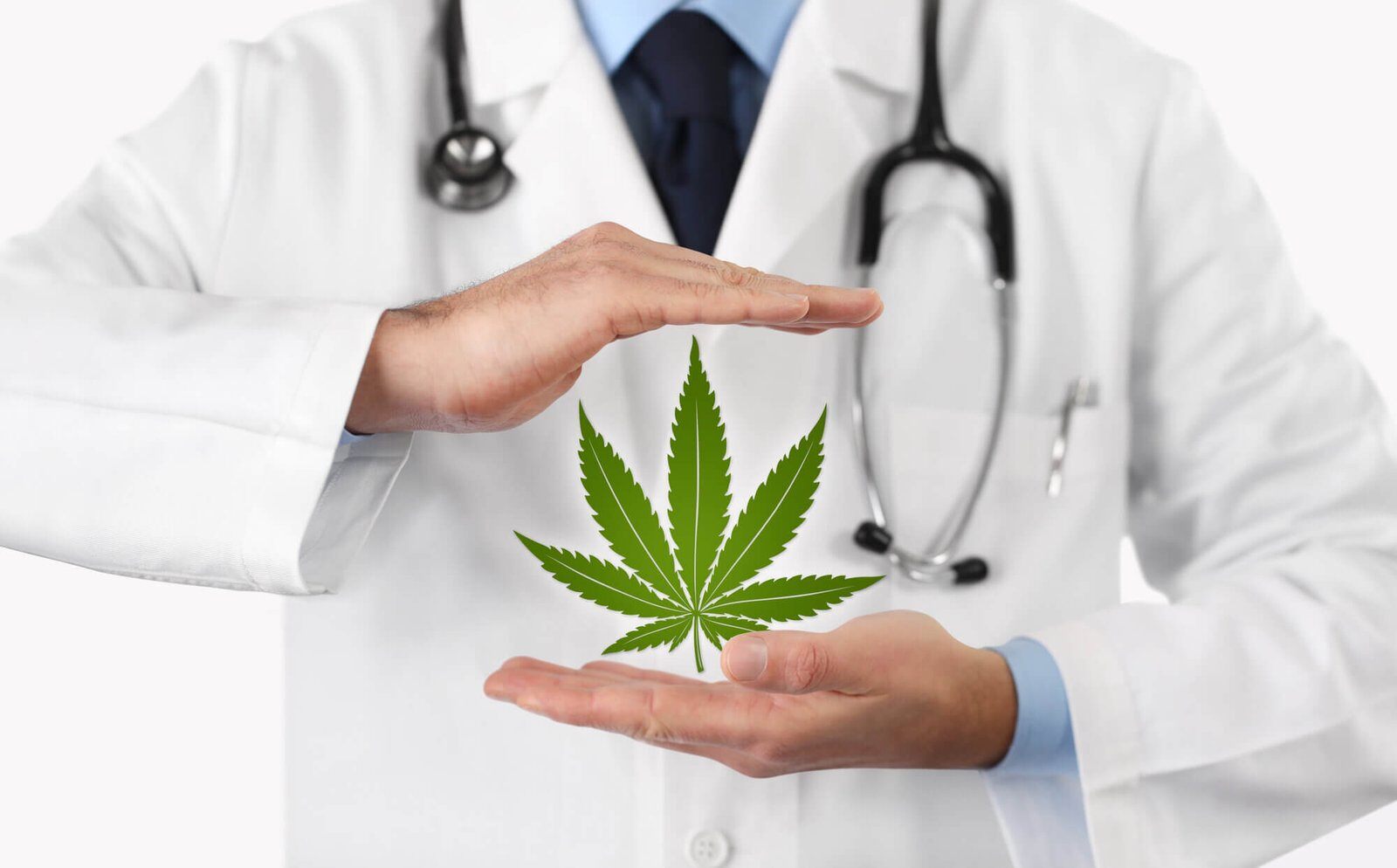3 min read
Anxiety Management With Medical Marijuana: 5 Facts You Need to Know
Suffering from anxiety can be an extremely isolating feeling. Until recently, mental health was something that was not discussed enough. This...
3 min read
Erick Kaufman : Jan 8, 2020 12:00:00 AM

Starting in 2020 and over the next 9 years, the cannabis business is projected to sail past the one-billion-dollar mark.
While medical marijuana has been the subject of much debate over several years, one thing is for certain: it may work to manage certain health ailments. One of those problems is insomnia.
So, how can medical marijuana for insomnia work, exactly?
If you’re having trouble obtaining some much-needed shut-eye, keep reading to understand more about marijuana for insomnia and if it can help.
Sometimes we all have trouble falling asleep, but does that mean we have insomnia? How can you tell if restless nights are chronic or acute?
Insomnia is classified as a sleep disorder, in which people cannot fall asleep or stay asleep long enough for it to be effective. This leads to numerous health problems, irritability, brain fog, and a decrease in productivity. If insomnia is chronic, a whole host of problems may arise and cause long-term effects.
Insomnia can be related to certain mood disorders, medications, life changes, or other environmental factors.
Medical marijuana has been in the news and all around the internet lately, but what is it exactly?
There are two ways to use marijuana: recreationally and medicinally. In short, medical marijuana is marijuana that is suitable for treating or managing health problems, diseases, or other conditions.
Marijuana is a plant that’s part of the cannabis family and contains chemicals called cannabinoids that are responsible for creating changes within the body.
Some conditions that marijuana may help control are:
Chronic pain stemming from certain disorders
Mental disorders
Weight control
Multiple sclerosis
Calming nausea
Glaucoma
Epilepsy
Insomnia
Its legality has been the subject of much discussion. Currently, it’s legal in more than 30 states within the United States but is still illegal at the federal level.
Though much of the American population agrees that medical marijuana should be legalized, it still has a long way to go.
One of the ways medical marijuana assists with insomnia is because of the cannabinoids present in the plant.
Two of the major cannabinoids are cannabidiol (CBD) and Tetrahydrocannabinol (THC). CBD has become incredibly popular and has established its industry to treat similar health problems. Even though THC is the cannabinoid responsible for that ‘high’ feeling, it’s the star when it comes to aiding insomnia.
Besides the feeling of getting ‘high’ THC also can cause you to fall asleep and put you in a state of deeper sleep. This means that even though your REM sleep, the stage of sleep where you dream, is diminished, the deeper state of sleep is still restorative. For those who suffer from nightmares, avoiding too much REM sleep can mean a sounder sleep without interruptions.
It’s important to note that marijuana is not a long-term solution to insomnia and potentially may cause negative changes to the brain.
If you decide to try marijuana to help your insomnia, there are a couple of things you need to know first.
The timing of taking medical marijuana before sleeping is critical. You don’t want to ingest it too early or too late as this may throw off your sleep cycle.
The recommended time to take it would be at least an hour before bedtime. However, this is greatly due to the method in which you ingest.
For example, smoking is still considered dangerous for your lungs and body, so avoid smoking marijuana before bed. Instead, you can vape and it will be deposited directly into your bloodstream and you’ll feel the effects quickly.
You can also consume edibles. Unlike vaping, the effects of THC when you take edibles will need some time to be broken down by your digestive system. This means you won’t feel any different for maybe an hour or so after you’ve eaten them.
The only way to get medical marijuana is a prescription from a marijuana-friendly physician.
They will write you a recommendation and discuss the strains they believe is best. You’ll also need to get a medical marijuana card which shows that you’re eligible to purchase marijuana for medicinal purposes.
Once you get your card, you’ll visit your local dispensary, which is similar to a pharmacy, only they have medical marijuana and other items instead of OTC medications. You cannot get medical marijuana without a card.
While the discoveries around medical marijuana for sleep are exciting, there are still a few things to consider.
There are three strains of marijuana: Indica, Sativa, and hybrid. Each of these strains contains different cannabinoids that have different effects on the body. In general, most doctors recommend an Indica strain because it has the most calming effects.
It may not work. Just like one medication does not work for everyone with the same condition, marijuana is similar.
There may be a range of side effects associated with taking marijuana before bed. If you have too much,, you may wake up too groggy. Marijuana can also cause side effects like dizziness, nausea, and even psychosomatic effects.
Take it slow. Especially if you’ve never taken any marijuana before, listen to your doctor’s recommendation.
Medical marijuana for insomnia may work well for some when approached cautiously. By visiting a doctor, registering for a medical card, and taking it slowly, you might be on your way to a great night’s sleep.
Curious about how to obtain a medical marijuana card? We’ve got you covered! Visit our website today for all the information you need!

3 min read
Suffering from anxiety can be an extremely isolating feeling. Until recently, mental health was something that was not discussed enough. This...

3 min read
If you’ve got a serious injury that is painful, whether short-term or long-term, you need to find some form of pain management. But when it...

3 min read
Since the beginning of time, humankind has used and relied on various forms of plant life and herbs to heal numerous conditions. Whether it was...